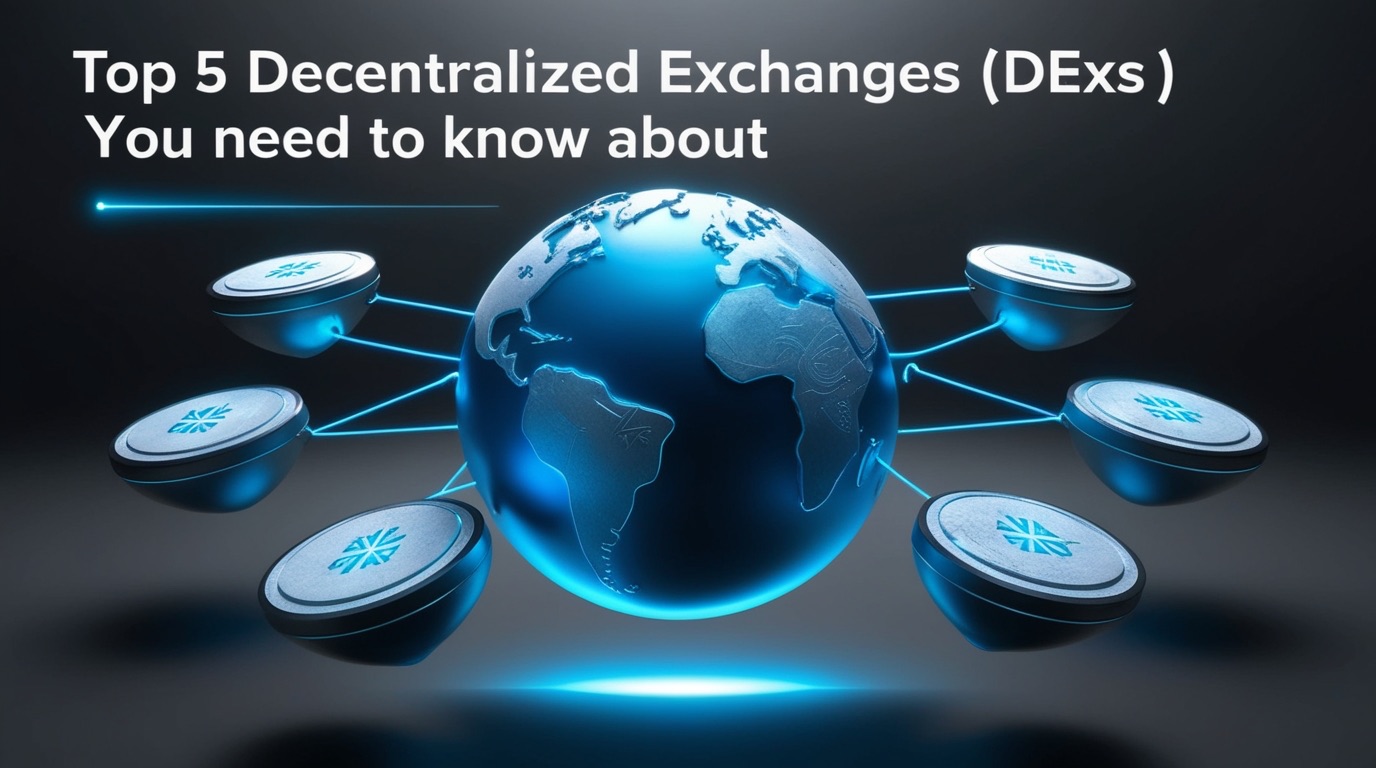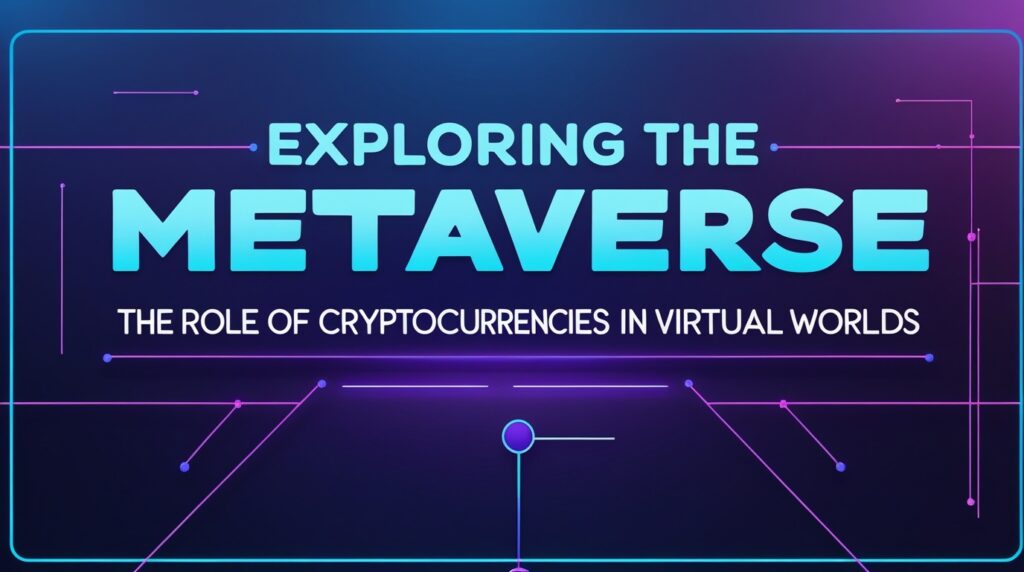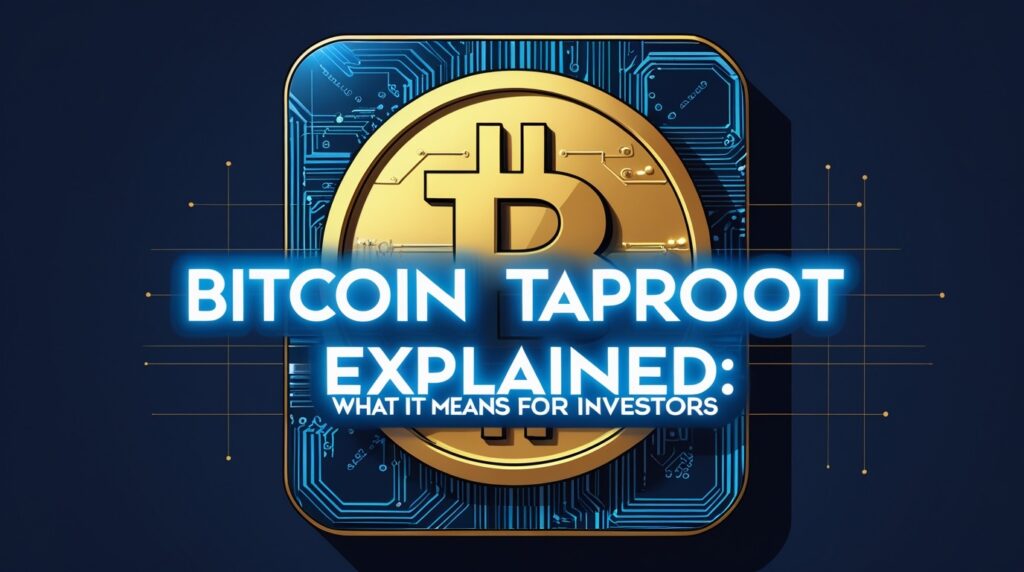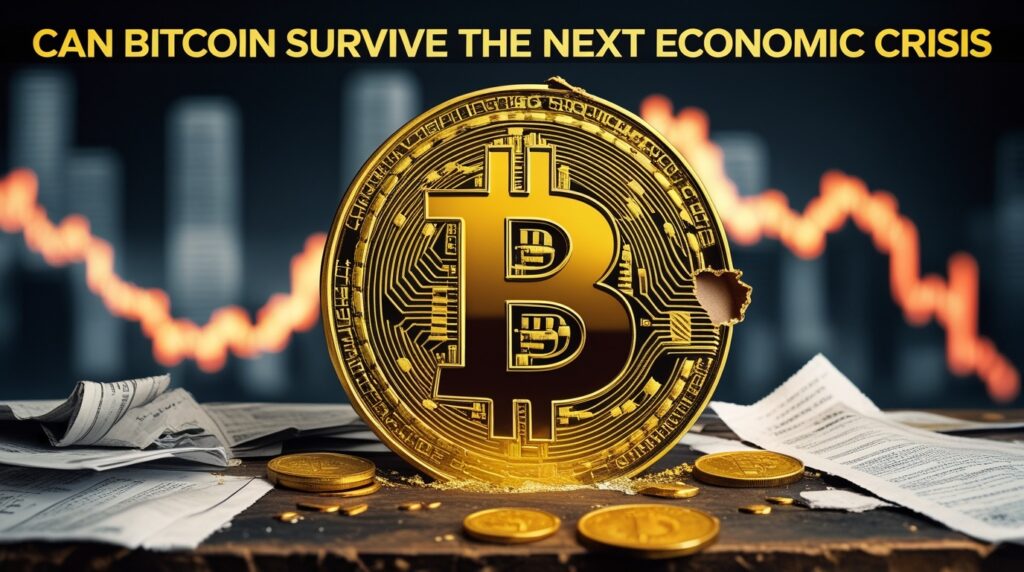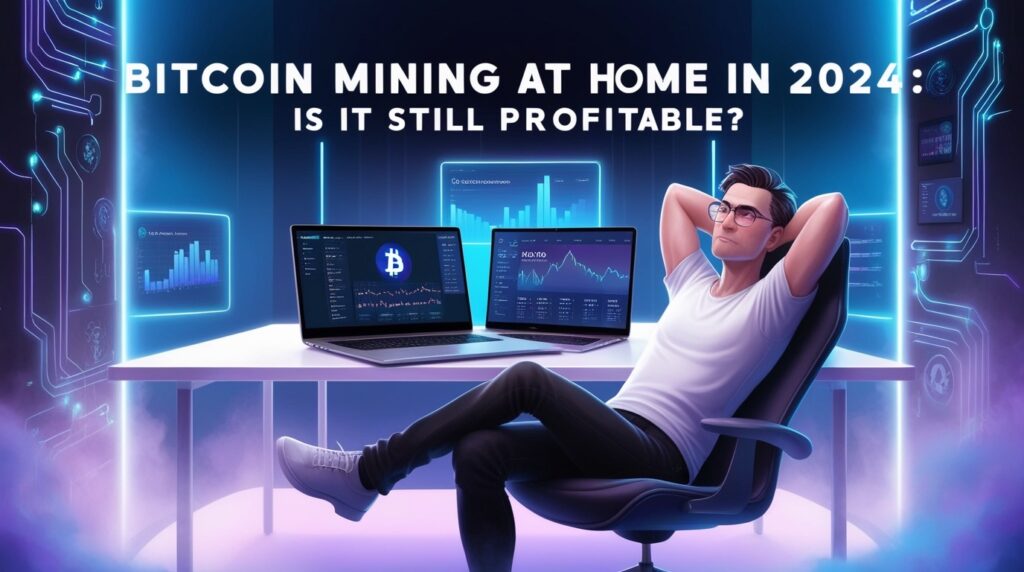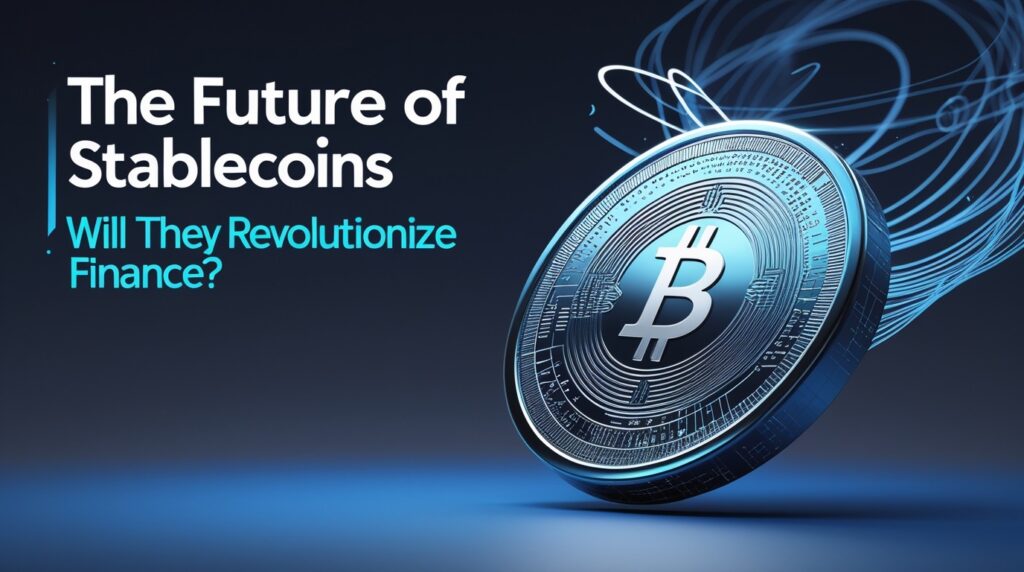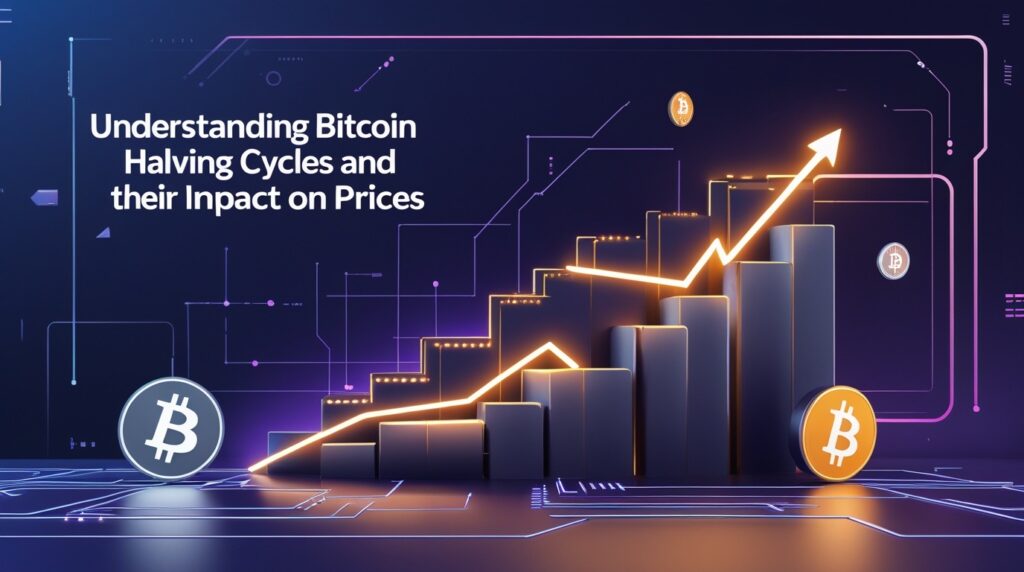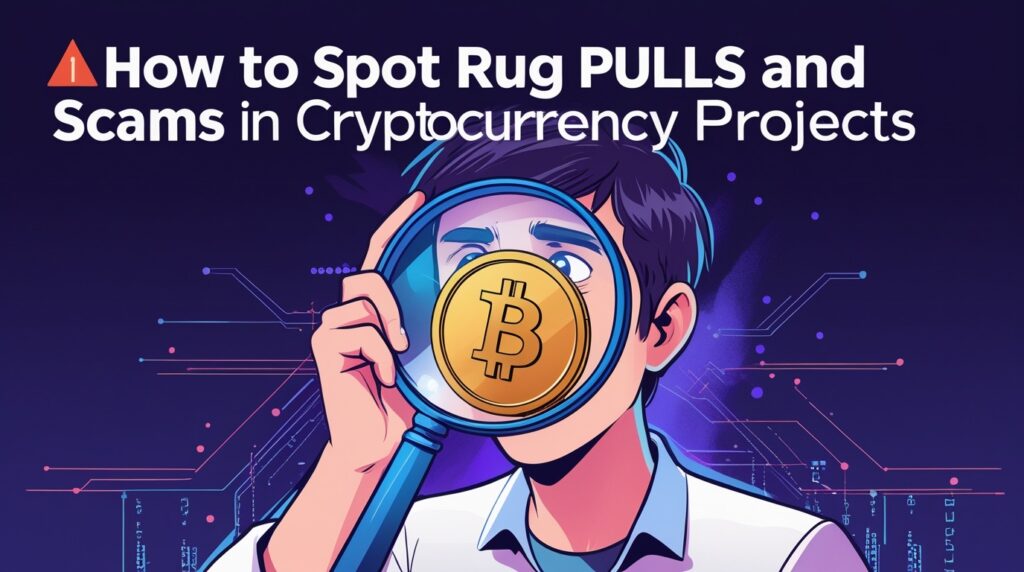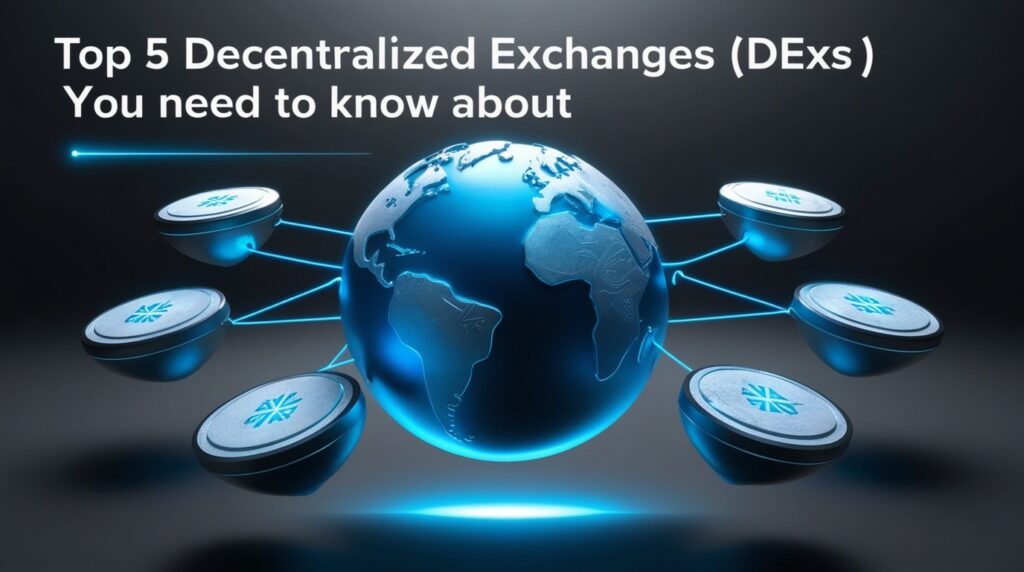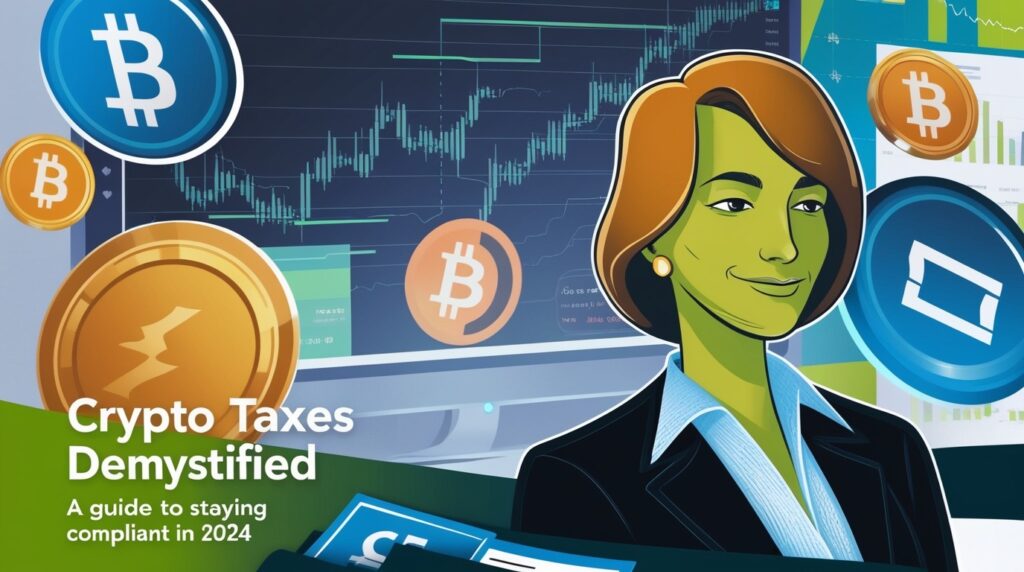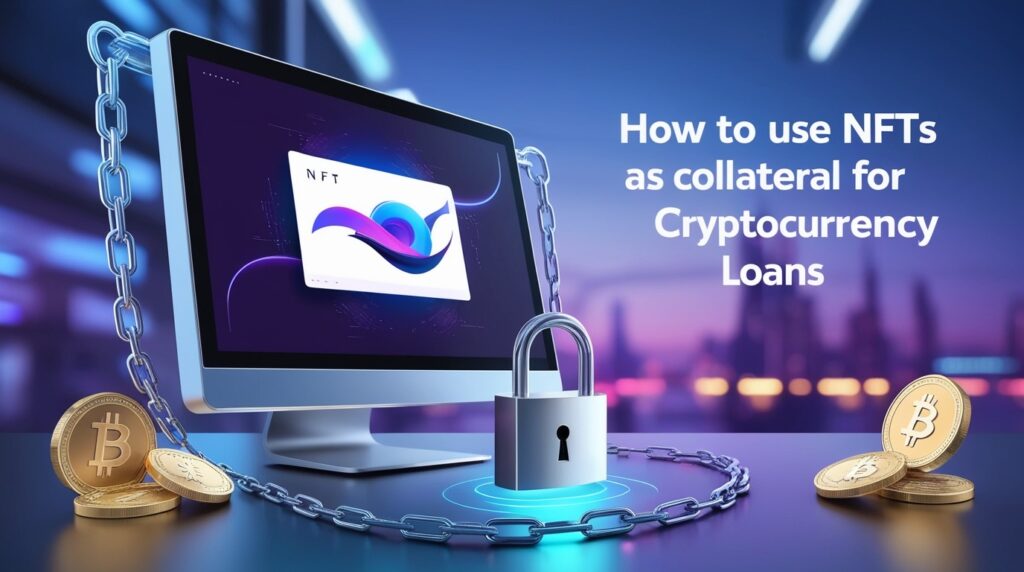In the world of cryptocurrency, decentralized exchanges (DEXs) have become a significant force. Unlike traditional centralized exchanges, DEXs provide users with full control over their funds, enhance privacy, and improve transparency. With blockchain technology at their core, these platforms allow peer-to-peer trading without intermediaries. If you’re looking to explore the decentralized future of trading, here are the top 5 decentralized exchanges (DEXs) you need to know about.
What Are Decentralized Exchanges (DEXs)?
Decentralized exchanges (DEXs) are platforms that facilitate cryptocurrency trading without a central authority. Unlike centralized exchanges, which act as intermediaries holding users’ funds and managing transactions, DEXs use smart contracts to execute trades automatically and securely. By removing the need for a third party, DEXs address some of the major issues faced by centralized platforms, including privacy concerns, security risks, and control over funds.
Why Use DEXs?
One of the primary advantages of using DEXs is the level of control they provide to users. Unlike centralized exchanges, where users rely on the exchange to store and manage their funds, DEXs allow individuals to retain full control of their assets. This control reduces the risk of hacks and ensures that users have access to their funds at all times. Moreover, DEXs typically offer enhanced privacy, as there is no need to provide personal information to trade.
Additionally, decentralized exchanges are censorship-resistant. Since they operate on blockchain networks, it is impossible for any authority to block or freeze accounts, making DEXs appealing to those who value financial freedom.
1. Uniswap
Uniswap is widely regarded as the leading decentralized exchange, especially for Ethereum-based tokens. As the first to introduce the automated market maker (AMM) model, Uniswap revolutionized decentralized trading. Instead of relying on order books, Uniswap uses liquidity pools, where users provide their tokens to facilitate trades. This innovation allowed for seamless trading of ERC-20 tokens, making Uniswap one of the most popular DEXs in the crypto space.
Key Features of Uniswap
Uniswap is built on the Ethereum blockchain, providing high liquidity for Ethereum-based assets. Its user-friendly interface makes it accessible to beginners, while the option to participate in governance via the UNI token ensures that the community has a say in the platform’s future.
However, a downside of using Uniswap is the high gas fees associated with Ethereum. These fees can significantly increase the cost of trading, particularly during periods of network congestion.
2. PancakeSwap
PancakeSwap is a decentralized exchange built on Binance Smart Chain (BSC), making it a popular choice for traders looking to avoid Ethereum’s high gas fees. PancakeSwap offers fast and affordable transactions, which has made it a favorite among crypto users. Like Uniswap, it uses the AMM model, but it operates on the Binance Smart Chain, which allows for lower fees and faster confirmation times.
Key Features of PancakeSwap
PancakeSwap’s low fees and fast transactions make it a go-to platform for traders who want a more cost-efficient experience. In addition, PancakeSwap offers a variety of features, including yield farming, lotteries, and an NFT marketplace. The platform also supports cross-chain asset bridging, allowing users to transfer tokens between different blockchains.
While PancakeSwap offers many benefits, it’s important to note that BSC has a more centralized nature compared to Ethereum. This can be a concern for some users who prioritize decentralization.
3. SushiSwap
SushiSwap is another decentralized exchange that originated as a fork of Uniswap but has since developed into a platform with a wide array of features. SushiSwap is community-driven and offers various DeFi services, such as staking, lending, and token launchpads. Its broad multi-chain support, which includes Ethereum, Binance Smart Chain, and Polygon, enables users to trade across multiple blockchain ecosystems.
Key Features of SushiSwap
In addition to its decentralized exchange functionality, SushiSwap provides a diverse DeFi ecosystem with features like staking, yield farming, and governance via the SUSHI token. This has made it a comprehensive platform for those looking to explore a variety of decentralized finance products.
Despite these advantages, SushiSwap may have a steeper learning curve for beginners. Its user interface can be overwhelming, and its security concerns due to its forked origin have been a topic of discussion in the crypto community.
4. Curve Finance
Curve Finance is a decentralized exchange that specializes in stablecoin trading. The platform is designed to offer minimal slippage, making it an ideal choice for users who need to trade stablecoins or low-volatility assets. Curve’s liquidity pools are optimized to facilitate efficient stablecoin swaps with competitive fees.
Key Features of Curve Finance
Curve Finance is particularly valuable for those involved in the DeFi ecosystem and stablecoin trading. It offers deep liquidity, reducing the impact of trades on the market price, and integrates seamlessly with platforms like Yearn Finance. Additionally, Curve’s governance is handled by the CRV token, allowing users to have a say in the platform’s future.
However, Curve Finance’s focus on stablecoins means it is less appealing for traders who are interested in more volatile assets. Users seeking to trade high-risk tokens may find the platform limiting.
5. dYdX
dYdX is a decentralized exchange focused on advanced trading options, such as margin trading and perpetual contracts. It is designed for professional traders looking for sophisticated tools to execute complex strategies. dYdX operates on Layer 2, using StarkWare technology to reduce gas fees and improve transaction speeds.
Key Features of dYdX
The platform offers an array of advanced features, including margin trading with up to 25x leverage, perpetual contracts, and spot trading. Its Layer 2 integration ensures low fees and fast transaction times, making it an excellent choice for experienced traders.
However, dYdX’s complex interface and focus on professional tools may make it challenging for beginners. Additionally, its selection of supported tokens is more limited compared to other DEXs, which could be a drawback for some users.
How to Choose the Right DEX for You
When selecting a decentralized exchange, it’s essential to consider your specific trading needs. Uniswap is ideal for users who focus on Ethereum-based tokens, while PancakeSwap is a better choice for those looking to save on transaction costs. SushiSwap’s wide range of DeFi features appeals to users who want a comprehensive platform, whereas Curve Finance is a must for anyone focused on stablecoin trading. dYdX is perfect for advanced traders seeking margin trading and other professional tools.
Conclusion
Decentralized exchanges are changing the way we trade cryptocurrencies, offering benefits such as increased control, enhanced security, and reduced reliance on intermediaries. Platforms like Uniswap, PancakeSwap, SushiSwap, Curve Finance, and dYdX each provide unique features that cater to different user needs, from beginner-friendly interfaces to advanced trading options. As decentralized finance continues to grow, these DEXs will remain at the forefront of the crypto revolution.
FAQS
What is the difference between a centralized exchange and a decentralized exchange (DEX)?
Centralized exchanges are managed by a third party that controls transactions and holds user funds, while decentralized exchanges allow peer-to-peer trading without a central authority, giving users control over their funds.
Are decentralized exchanges safer than centralized exchanges?
DEXs are generally safer as they let users retain control of their funds, reducing the risk of hacks, but they still carry risks like smart contract vulnerabilities and phishing attacks.
Can you trade any cryptocurrency on decentralized exchanges?
DEXs support a variety of tokens, especially those on popular blockchains, but not all cryptocurrencies are available. Always check if the token you uwant is listed.
Do you need to create an account to trade on a DEX?
No, DEXs don’t require accounts. You can trade directly from your wallet, maintaining full control of your funds.
What are the fees like on decentralized exchanges?
Fees vary by platform and blockchain. Ethereum-based DEXs often have higher fees due to gas costs, while Binance Smart Chain-based DEXs typically offer lower fees.
